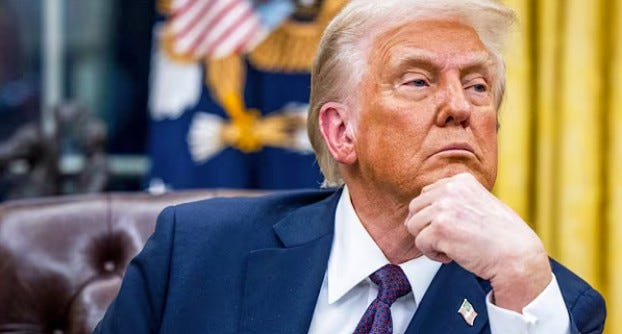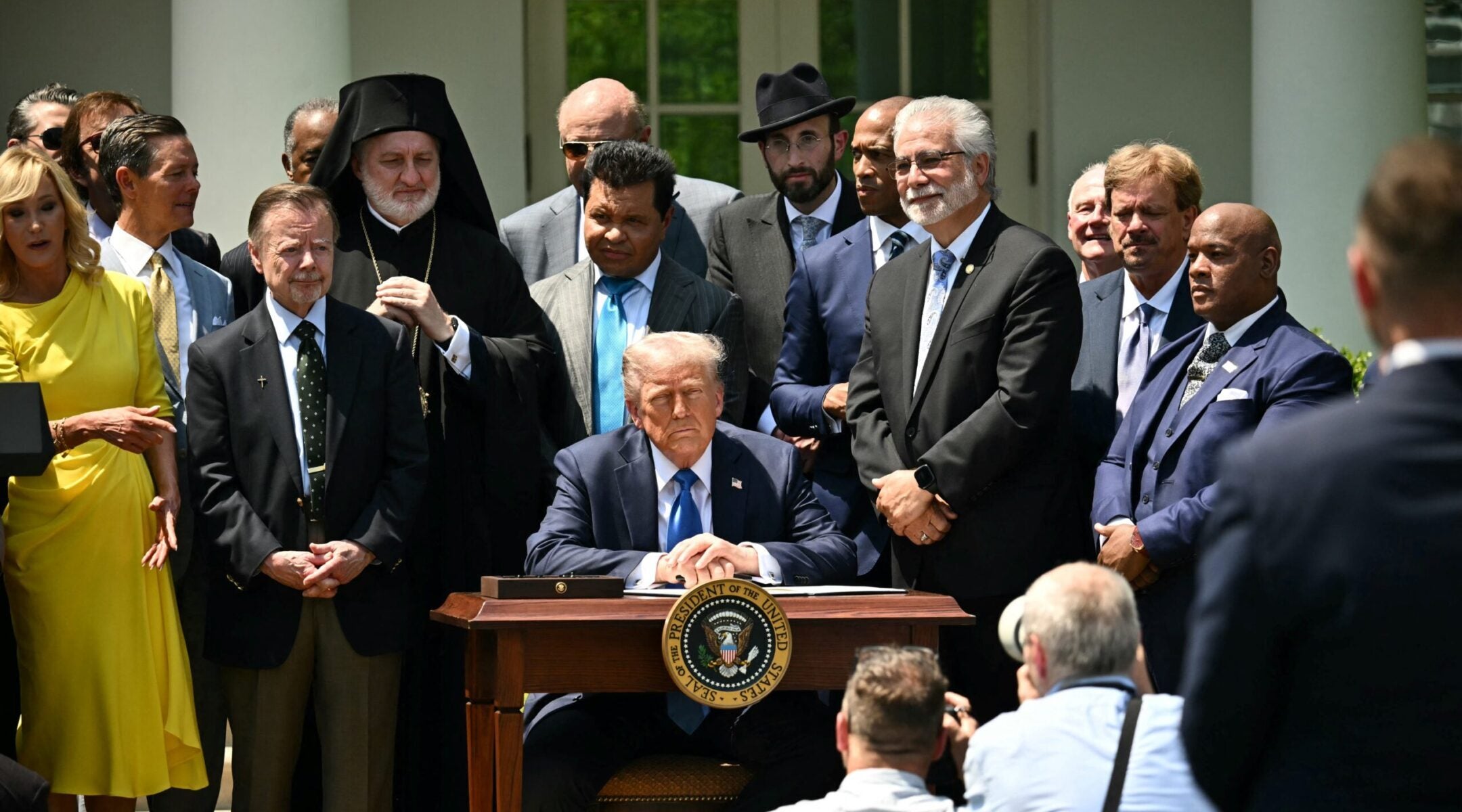Ron Chernow is the author of a number of highly acclaimed biographies such as about Alexander Hamilton and Ulysses S. Grant. His latest biography is about Mark Twain.
In an interview with the lefty rag Vanity Fair, Chernow explained Twain’s relationship with the rich:
Twain became this quintessential American writer, and he lived in a society that worships money and success, but as a child saw his father without money and without status, just ground down by these failed ambitions. If you read his books, he’s constantly, constantly satirizing money-mad people who dream of hitting the jackpot.
Naturally, Vanity Fair staff writer Erin Vanderhoof somehow had to make this about Donald Trump, despite the fact that Trump wasn’t even born until 36 years after Mark Twain, pen name of Samuel Clemens, died. Even the title of the interview which was published on Tuesday reflects Vanity Fair’s inability to shake politics even when discussing a writer born nearly two hundred years ago:
Ron Chernow Says He’s “Nervous About” American History’s “Politicization From Both Sides”
And we see a prime example of trying to politicize American history from the left side when Vanderhoof tries, and fails, to get a Chernow quote critical of Donald Trump.
How intentional were the Donald Trump parallels? There’s one moment where it feels overt: A young Twain is described as “someone willing to tangle with anyone, make enemies, and say aloud what other people only dared to think”—but I understand those words could also describe a large range of figures in American history.
Unfortunately for her, Chernow did not play her silly game as you can see in his reply:
I was, frankly, unaware that I was making some references—I deliberately avoided Donald Trump references. So what you’re referring to was unconscious. When I am writing a book, I want to completely immerse the reader in the period. I deliberately don’t apply modern analytic categories to character, because these are categories that fit our culture but not theirs. Even in the language—doing a standard English—I worked very hard at not having modern jargon interfering, because I really want the readers to be so completely steeped in this character’s English that they lose themselves.
Later in the interview, Vanderhoof attempted to interject politics one more time by trying to get Chernow to criticize the 1776 Project which was written in response to the highly flawed 1619 Project:
What do you think about the 1776 Project, which emerged as a response to the 1619 Project? I worry that some people think the only way to teach civics is to make it right-wing and sanitize history.
If Vanderhoof was hoping to hear either criticism of the 1776 Project or praise for the 1619 Project then she would have been sorely disappointed by Chernow’s response.
I’m nervous about the politicization from both sides, but I think it’s important that anyone who graduates American middle school or high school should know the American Revolution and the Civil War, should know the Constitutional Convention. It used to be that this was standard civics taught in schools, and then that was replaced by something more vague called social studies.
Although his answer probably frustrated the politics pushing Vanderhoof, few rational people could disagree with Chernow that „it’s important that anyone who graduates American middle school or high school should know the American Revolution and the Civil War, should know the Constitutional Convention.“











